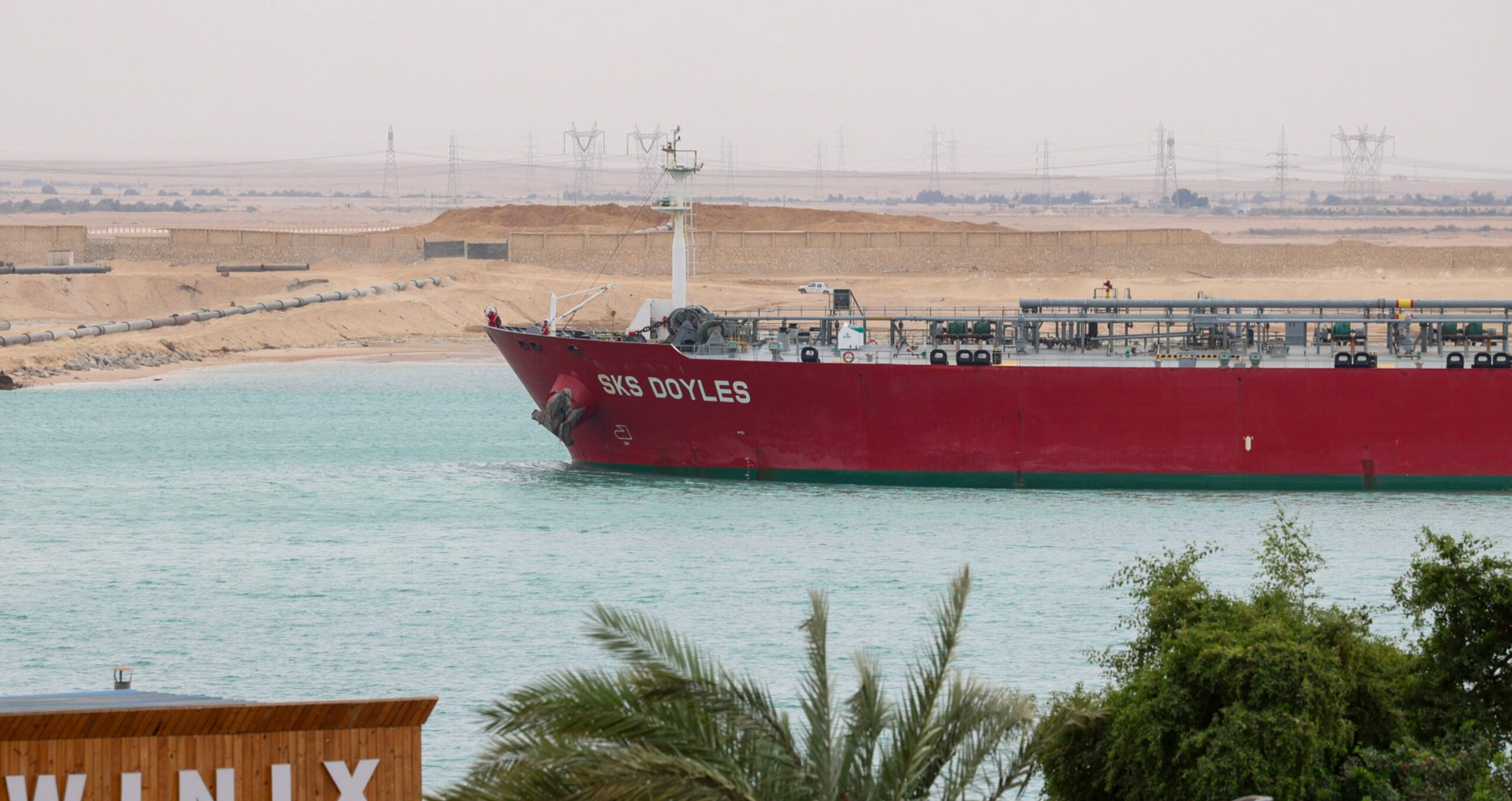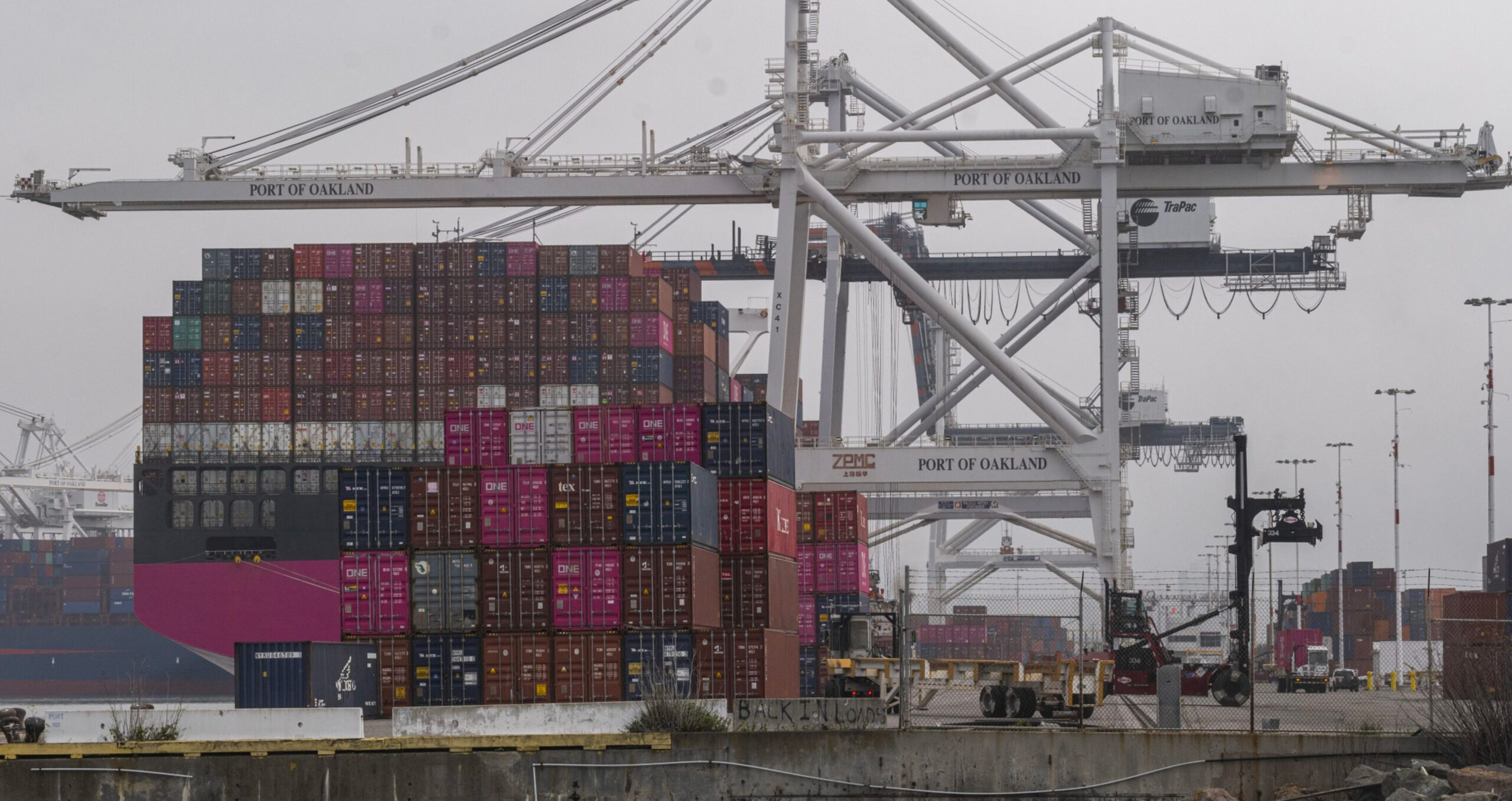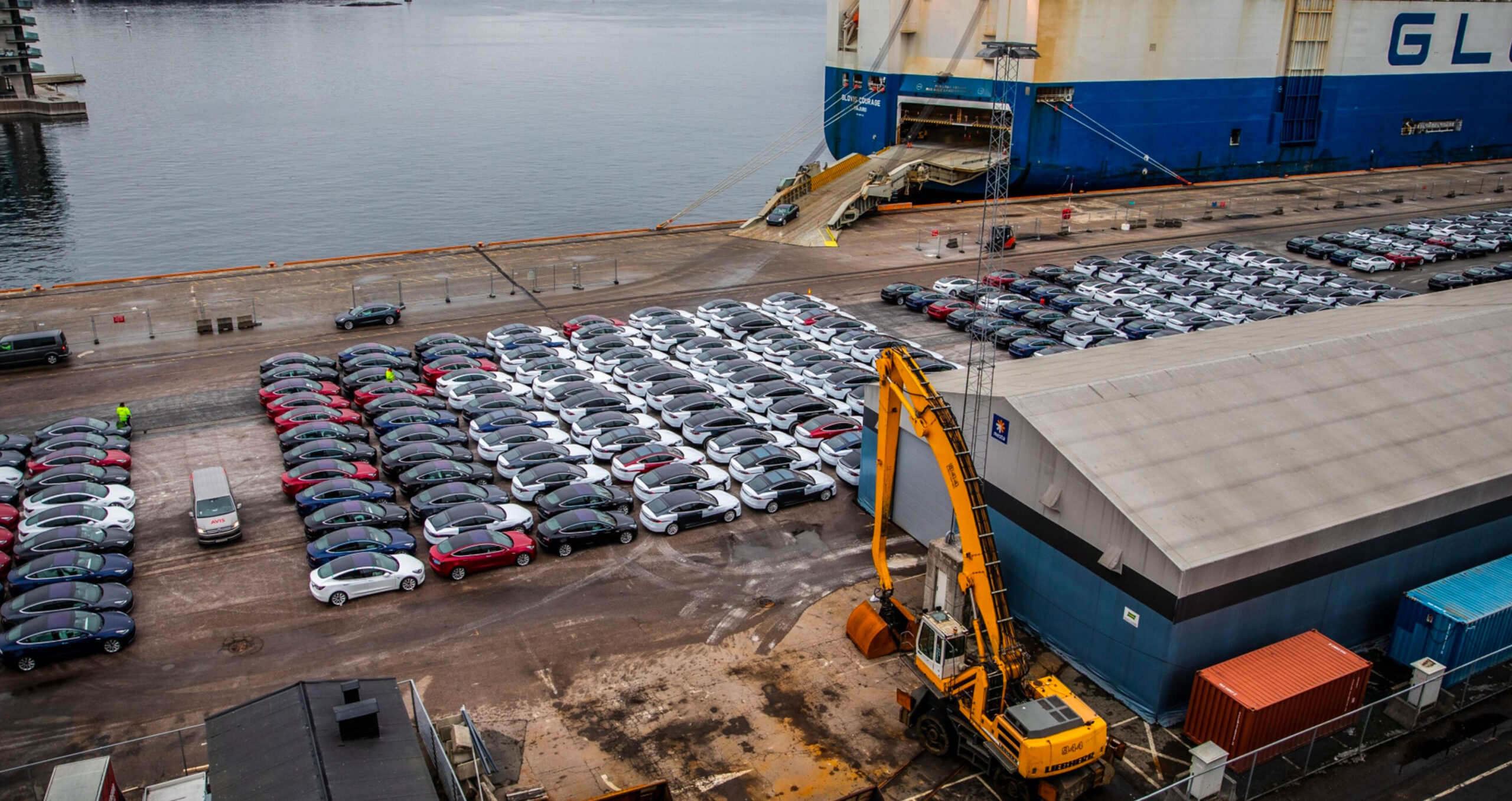
March 14, 2024
Why trade disruptions are bad news for shipping’s decarbonisation targets

Maritime trade routes continue to be severely restricted, while negotiations on a controversial global shipping levy also resume this week. Experts warn there is no easy solution to either challenge
Some of the world’s most crucial waterways for global trade have been restricted in recent months because of climate impacts and conflict, making journeys by sea longer, more expensive and more carbon intensive.
To continue reading
Request Free Trial- Unlimited access to all content
- Email alerts highliting key industry insight.
- Invitations to attend exlusive roundtables and events.
- The Sustainable Views Policy Tracker - deep insight on ESG regulations and deadlines
Already a subscriber?Log in
Similar Articles

In Charts: Europe must choose between Chinese EV imports or its emissions targets, says ECA
The EU’s financial watchdog says Europe will fail to meet its 2035 vehicle targets without turning to imports, as Chinese electric vehicle manufacturing reaches record highs
read more
March 28, 2024
IMO talks dodge question on future distribution of shipping emission revenues
While negotiations continued behind closed doors on how to price maritime carbon emissions, the UN has yet to determine a suitable governance framework to disperse any revenues raised
read more
March 19, 2024
With better planning and investment, EV uptake could offer storage and grid flexibility
As sales of electric vehicle rise, policymakers should be looking at how to maximise the benefits – and provide an ‘efficient transportation ecosystem’, according to a new report
read moreA service from the Financial Times

